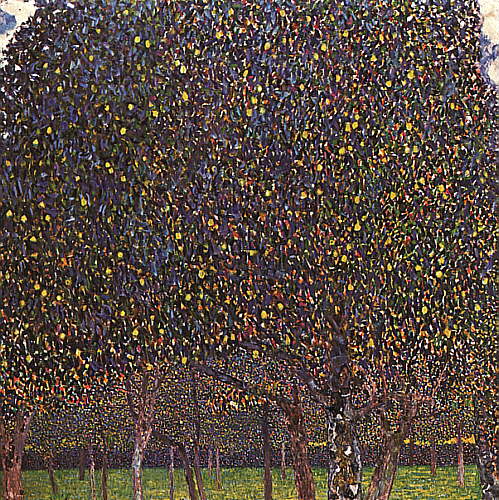Here is the text from Confessions, book 2:
Read Augustine’s Story of the Pears. Augustine’s text is a must-read! An online Loeb edition of Confessions, Book 2 with Augustine’s Latin on the left page and a formally equivalent English translation on the right begins at https://archive.org/stream/staugustinesconf01augu#page/64/mode/2up. The translation I recommend is Maria Boulding’s, a volume in The 21st-Century Augustine series.
I’ve attached an older, public domain translation for your reference, with highlighted sections that will help to keep the Story of the Pears (green highlighting) in focus and in context (yellow).
Whether in English or with a look at the Latin for those so inclined, read it twice, please.
You may also enjoy the brief slideshow by Phineas Upham at http://www.slideshare.net/Sonya_B/saint-augustines-pear-theft-by-phineas-upham-12623017.
- For a brief but fruitful (!) introduction to Augustine and this Master Metaphor read Leo Ferrari’s The Pear Theft in Augustine’s Confessions at http://www.brepolsonline.net/doi/abs/10.1484/J.REA.5.104193.
- There are two key concepts to keep in heart and mind here, namely Augustine’s understanding of rightly ordered loves or ordo amoris and his understanding of freewill. For a pastoral consideration of Brian Hedge’s article Saint Augustine on Rightly Ordered Love at http://www.brianghedges.com/2013/09/saint-augustine-on-rightly-ordered-love.html.
On the vital matter of philosophy of language and biblical hermeneutics for us 21st-century pastors and professors (and thoughtful students everywhere) Cary’s Augustine trilogy, particularly his thesis concerning the heterodoxy of what he has identified as – the dominant view of language in our day and particularly the language of Scripture – a common approach to the biblical text that he calls “expressionist semiotics” (a view held by Augustine, Cary argues at length) versus the orthodox view of the biblical text as “external effective means of grace” (the view held by Aquinas and Luther).
- Second key concept: Augustine’s understanding of will or freewill sounds odd to our modern ears. This is because we have learned, either in school or by reading ethics books written since the 18th Century, a new-fangled notion of freewill as taught by intellectual trend-setters of the European Enlightenment such as Immanuel Kant (a major modern German philosopher who died in 1804).
- In connection with Augustine, may I recommend the work of Phillip Cary? For an accessible way to consider Augustine’s conceptions of love and will as they are exhibited in Dante’s Divine Comedy, see Cary’s article The Weight of Love: Augustinian Metaphors of Movement in Dante's Souls at https://www.academia.edu/761674/The_Weight_of_Love_Augustinian_Metaphors_of_Movement_in_Dantes_Souls. There are some fruitful illustrations for sermons and Bible classes here!
None of us Lutherans who write or teach biblical hermeneutics or philosophy of language can afford not to read and digest Cary’s Outward Signs: The Powerlessness of External Things in Augustine’s Thought. In regard to Augustine Cary is a Christian physician, so to speak, who diagnoses and then provides effective treatment for what I call “the Platonic Virus” that so often infects our thinking and pastoral care.
To hear Dr. Schulz describe the distinction between Augustine's definition of will and Kant's definition caused a number of lights to flash. And to pin down the idea of virtue as "Rightly Ordered Love" was also very helpful.
In the end, we rejoice that the Lord of God is ordered towards us, and we find our hope and life in His dying for our sins.
We would love to hear your thoughts on this master metaphor or any of the conversations we've had in this series. Please comment below.
Bryan Wolfmueller


 RSS Feed
RSS Feed
